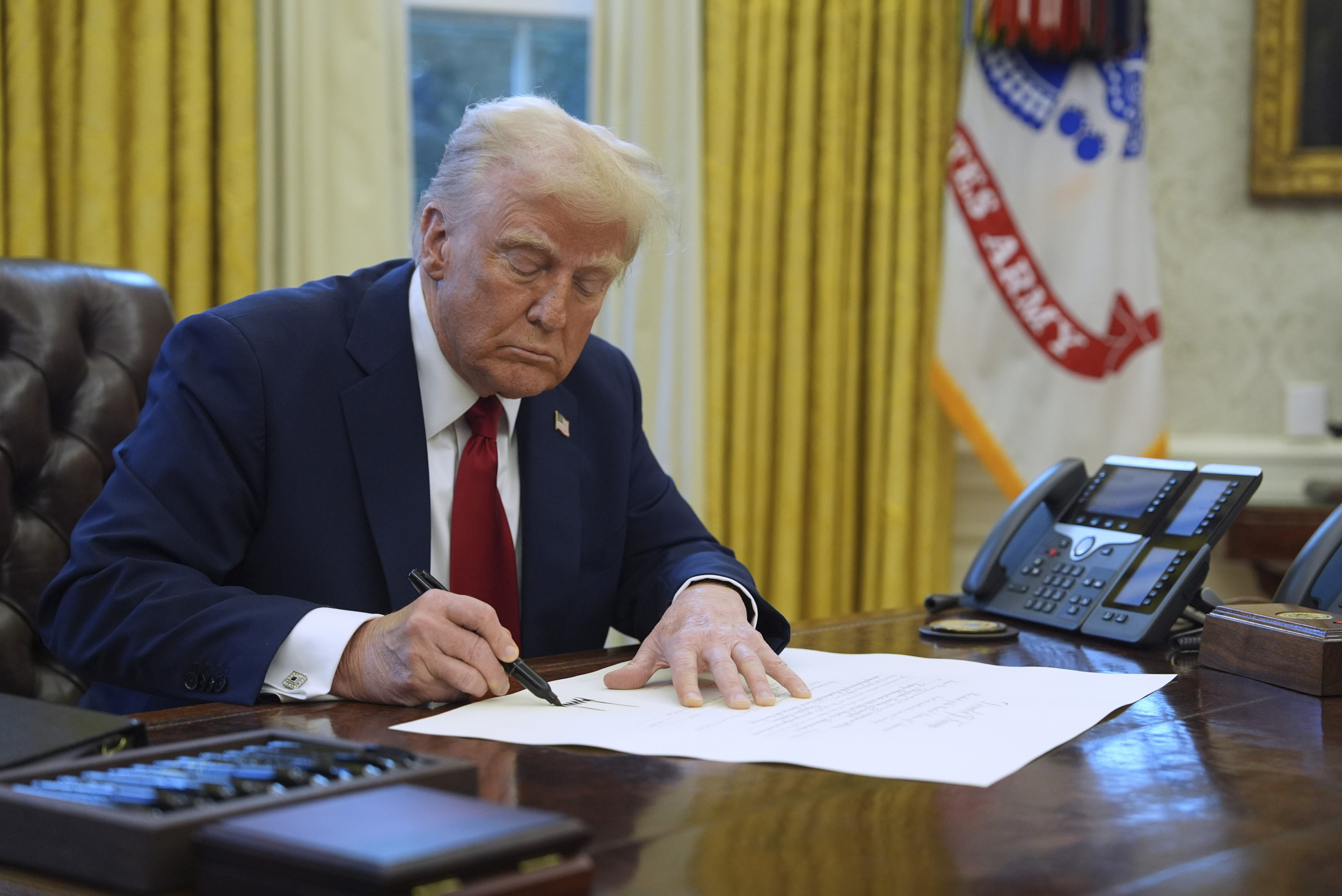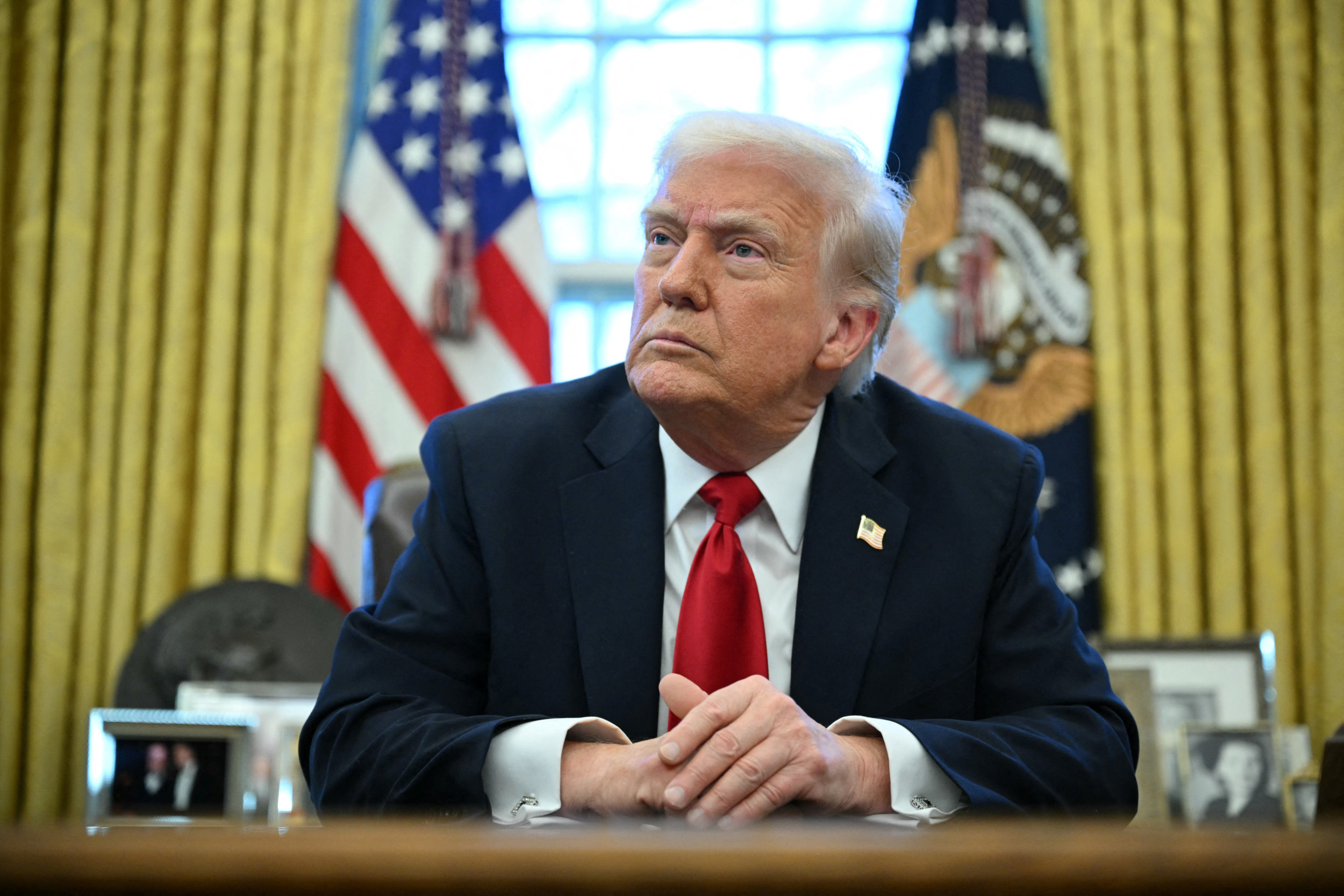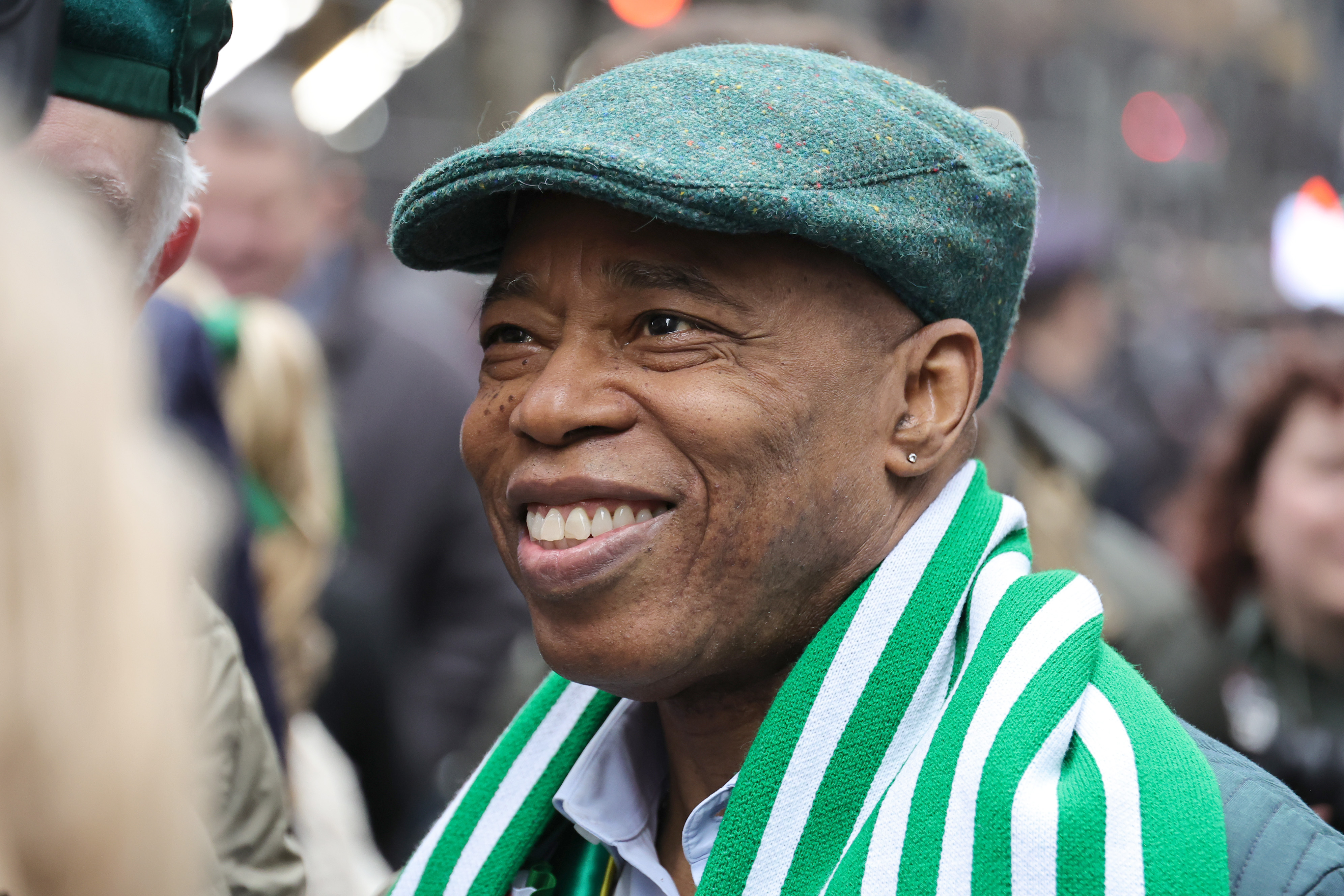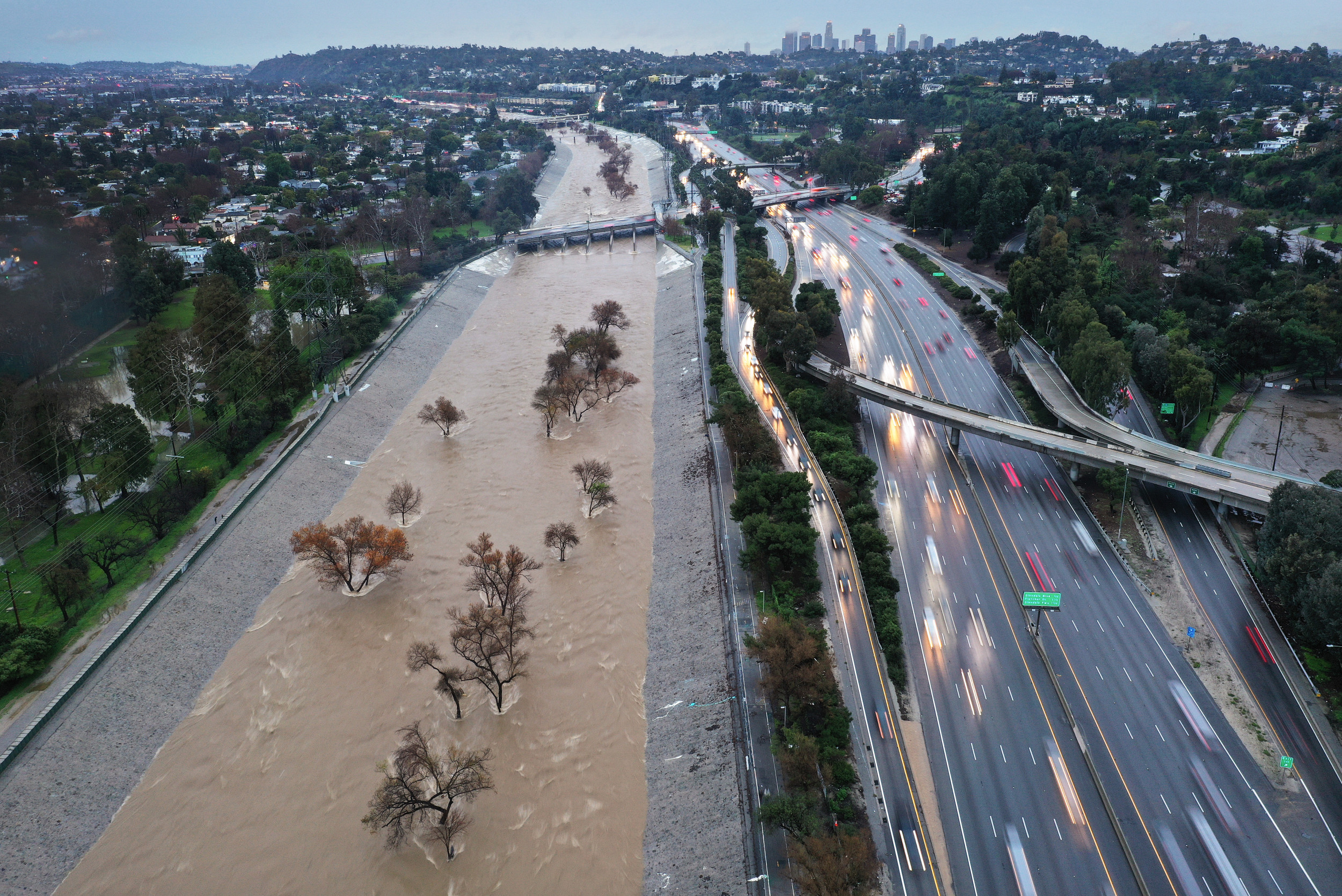The Associated Press returned to court today to fight its ban from covering President Donald Trump in the Oval Office, Air Force One, and other White House events.
Trump announced he was banning AP last month because the media organization refused to follow his directive to call the Gulf of Mexico the "Gulf of America."
However, Julie Pace, the AP's executive editor, has argued the move was about media control. "For anyone who thinks the Associated Press's lawsuit against President Trump's White House is about the name of a body of water, think bigger," she wrote. "It's really about whether the government can control what you say."
The news outlet's lawsuit seeks to restore its access, alleging that the Trump administration had violated due process as well as the First Amendment's protections for freedom of the press.
Today's hearing ended with no immediate decision from the judge.
What to know
- The lawsuit names White House chief of staff Susie Wiles, press secretary Karoline Leavitt and deputy chief of staff Taylor Budowich as defendants.
- "The press and all people in the United States have the right to choose their own words and not be retaliated against by the government," the AP's lawsuit said. "Allowing such government control and retaliation to stand is a threat to every American's freedom."
- The White House Correspondents' Association also submitted a brief backing the AP's lawsuit, saying a ban would "chill and distort news coverage of the president to the public's detriment."
Newsweek's blog is closed.
AP's court hearing ends with no immediate decision
The Associated Press hearing, to determine if the news agency should have its access to the White House press pool and other official events reinstated, has ended.
There was no immediate decision from the federal judge in AP's lawsuit against the Trump administration.
White House correspondent says questions to president have 'softened' since AP ban
The AP's chief White House correspondent, Zeke Miller, told the court on Thursday that he had noticed that the type of questions being asked of President Trump had notably softened since the Associated Press ban.
Miller could not offer specific examples of the softer questions, suggesting a chilling effect on other journalists, when asked by the judge.
He added that AP, renowned for being fast to news and world events, had been delayed in publishing the news by the ban. Miller pointed to one example where he said AP wasn't able to publish a story about a delay in the White House imposing tariffs against Canada and Mexico until nearly 40 minutes after a competitor.
"We don't see the president nearly as much as we did before this ban took effect," Miller said.
Brian Hudak, a lawyer for the Trump administration, argued in cross examination that the effect was not that harmful because AP was able to license photos taken at events they were excluded from through other companies.
AP continues to cover president amid ongoing press restrictions
Despite facing ongoing challenges under the second Trump administration, the Associated Press (AP) continues to report on the president, though its coverage has been impacted by the White House's restrictions. The administration has taken several aggressive steps against the press, including investigations into ABC, CBS, and NBC News by the FCC, efforts to dismantle the government-run Voice of America, and threats to defund public broadcasters PBS and NPR.
The AP has been allowed to attend press briefings with White House Press Secretary Karoline Leavitt, but the restrictions have hindered the organization's ability to report quickly, especially in obtaining still images. Even if a judge rules in favor of the AP, the White House's response to such a decision remains uncertain.
The AP has also agreed to recognize a Trump executive order changing the name of the U.S. largest mountain back to Mount McKinley, a decision Trump has the authority to make, as it lies entirely within U.S. territory. In a statement, AP Executive Editor Julie Pace emphasized the news outlet's commitment to standing up for free speech, writing, "If we don't step up to defend Americans' right to speak freely, who will?"
Judge McFadden criticizes White House actions in AP lawsuit, calls it 'viewpoint discrimination'
In a recent court hearing, Judge McFadden expressed concerns over the Trump administration's treatment of the Associated Press (AP), calling the White House's actions "pretty clearly viewpoint discrimination."
At the hearing, McFadden warned that the government's actions could amount to a violation of press freedoms. He urged the White House to reconsider its ban, though it remained in effect as of the hearing.
The AP has maintained that the lawsuit is not just about access to certain events but a larger issue of whether the government can control what the media says. In an op-ed, AP Executive Editor Julie Pace argued that this case is about the government's ability to restrict speech and dictate coverage, not just the naming of the Gulf of Mexico as "the Gulf of America," a demand from the Trump administration.
The White House, in its defense, has asserted its right to control who has access to the president, with Trump dismissing the AP as a "radical left" organization. Despite the ongoing legal battle, the case highlights the broader issue of press freedom and government control over media coverage.
AP journalists testify on impact of White House ban on coverage
Evan Vucci, an Associated Press photographer, testified that the agency has struggled to cover major news stories following a ban on its access to White House events. Vucci, who captured the widely circulated photo of Trump after an assassination attempt in Pennsylvania last summer, said the AP relied on his expertise to quickly get photos from the Oval Office to the world.
In court, Vucci described how the AP's ability to report breaking news has been hindered, with delays in covering events like tariffs against Canada and Mexico. Zeke Miller, the AP's chief White House correspondent, also spoke to the challenges the outlet faced, noting that it couldn't report news as promptly as competitors.
Miller further remarked on a shift in the tone of questions asked of the president since the ban, suggesting a chilling effect on other journalists. However, during cross-examination, the defense sought to downplay the impact, pointing out that the AP could still license photos from other companies.
AP executive editor says lawsuit is 'about whether the government can control what you say'
Julie Pace, the AP's executive editor, has said that their ban, and resulting lawsuit and legal battle, is about much more than the name of the Gulf.
"For anyone who thinks the Associated Press's lawsuit against President Trump's White House is about the name of a body of water, think bigger," Pace wrote in an op-ed for the Wall Street Journal on Wednesday.
"It's really about whether the government can control what you say."
What has the White House said about AP ban?
White House press secretary Karoline Leavitt described the media's access to the president and White House press pool as a "privilege" not a right.
"It is a privilege to cover this White House," she said when asked about the decision to ban AP, by a CNN reporter. "Nobody has the right to go into the Oval Office and ask the President of the United States questions. That's an invitation that is given."
Leavitt added that the Trump administration "reserve[s] the right to decide who gets to go into the Oval Office."
The White House has also accused AP of being "fake news" for refusing to update their style guide to reflect the new name Trump has given to to the Gulf of Mexico, which is only used within the United States. AP has argued that it is an international outlet and the rest of the world continues to use the Gulf's original name.
"We stand by our decision to hold the Fake News accountable for their lies," the White House said in a statement.
AP snapper behind Trump's assassination attempt pic testifies agency is 'dead in the water' with ban
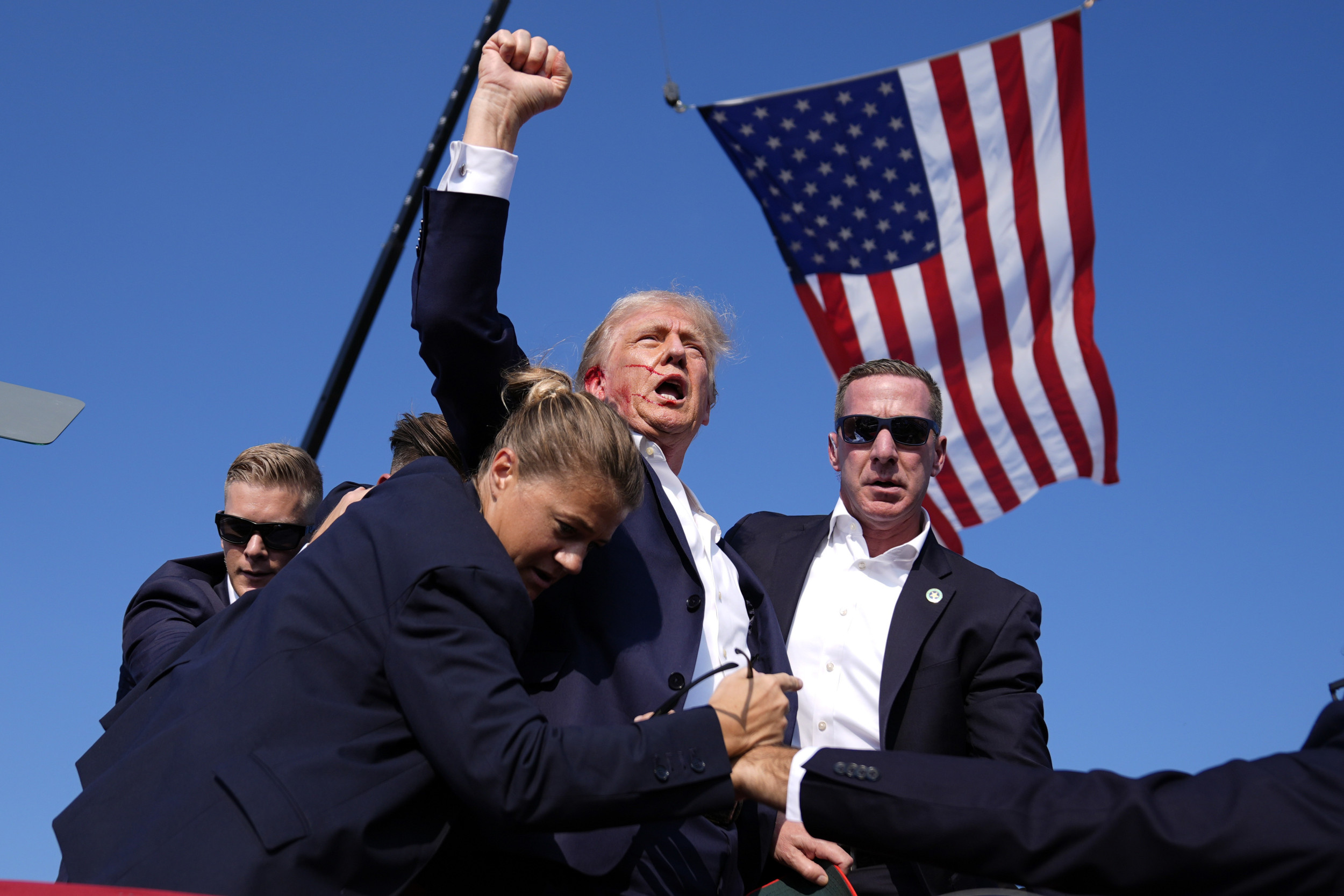
Associated Press photographer Evan Vucci, who took the now famous photo of President Trump with his fist raised after the failed assassination attempt on him las July, has testified about the damage the White House ban has done to the news agency.
Vucci testified that the agency was "basically dead in the water on major news stories," without the access to the White House and Trump.
Lawyer for The Associated Press, Charles Tobin, held up a photo of Trump's book, Save America, that features Vucci's photo on its cover.
AP lawyer requests reinstatement to White House press pool
Lawyer for the Associated Press, Charles Tobin, is asking a federal judge to reinstate it to the White House press pool after "44 days in the penalty box."
Brian Hudak, a lawyer for the Trump administration, has argued that AP has suffered no irreparable harm from the ban.
"There is no showing of exclusion," he said.
Hudak claimed that AP can still access events in the East Room, as well as speak to people coming and going from the White House. However, the East Room is rarely used for events, with many press briefings being held in the Oval Office.
White House Correspondents' Association asks members to show solidarity with AP
The White House Correspondents' Association is showing solidarity with Associated Press, by asking members to wear "First Amendment" pins at the White House.
In a letter to members sent Wednesday afternoon, WHCA asked them to wear the pin while in the White House on Thursday, and in any TV appearances.
It also asked "those that can" to show up in person at the U.S. District Court for Washington, D.C. for the court hearing.
"The board has been brainstorming ways to show support for the Associated Press for their second hearing on their viewpoint discrimination case," the WHCA letter, first obtained by Semafor, read.
"It's an important day not just for one news organization but for every single one of us who depend on the First Amendment to do our jobs."
Who is the judge overseeing AP case?
Federal Judge Trevor N. McFadden is assigned the case against three officials in President Donald Trump's administration by The Associated Press (AP).
McFadden was nominated to the court by Trump in 2017.
The judge previously worked at the Department of Justice and in private practice in Washington, D.C.
Trump nominated McFadden to the United States District Court for the District of Columbia in 2017 and then was confirmed by the Senate in a vote of 84-10.
IN PICTURES: AP execs, legal team arrive at court for Thursday hearing

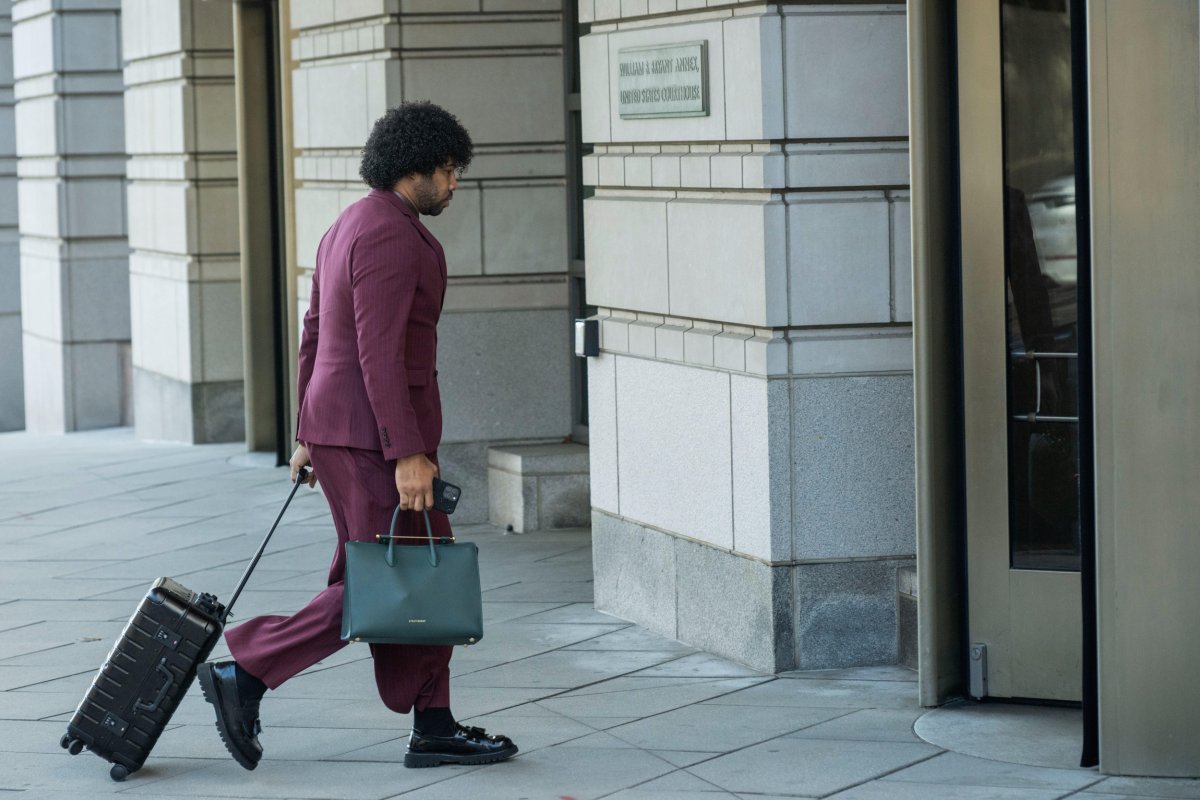
Trump lawyer says he's proud to protect president against 'bullying' AP
Trump attorney Ed Martin has said that he's "proud" to represent the president against "bullying" AP, as he returns to court Thursday.
"As President Trump's lawyers, we are proud to fight to protect his leadership as out President and we are vigilant in standing against entities like the AP that refuse to put America first," he wrote on X.
Back in court today. Proud to represent the President in the fight against bullying AP! pic.twitter.com/pdZa9xT9BI
— U.S. Attorney Ed Martin (@USAEdMartin) March 27, 2025
'Well deserving' media given intimate access to Trump, White House tells judge
Well deserving journalists are allowed special access to President Donald Trump, White House deputy chief of staff Taylor Budowich has told a judge.
News agency, The Associated Press (AP), is fighting to have access to the president in the Oval Office, Air Force One and other areas from which it is now excluded.
It is part of a wider battle between the White House and the White House Correspondents' Association, which has been stripped of its right to decide which journalists have special access to Trump.
The case raises questions of impartiality in the Trump administration as the White House seeks to curtail liberal elements of the media.
fairness meter
To read how Newsweek uses AI as a newsroom tool, Click here.
